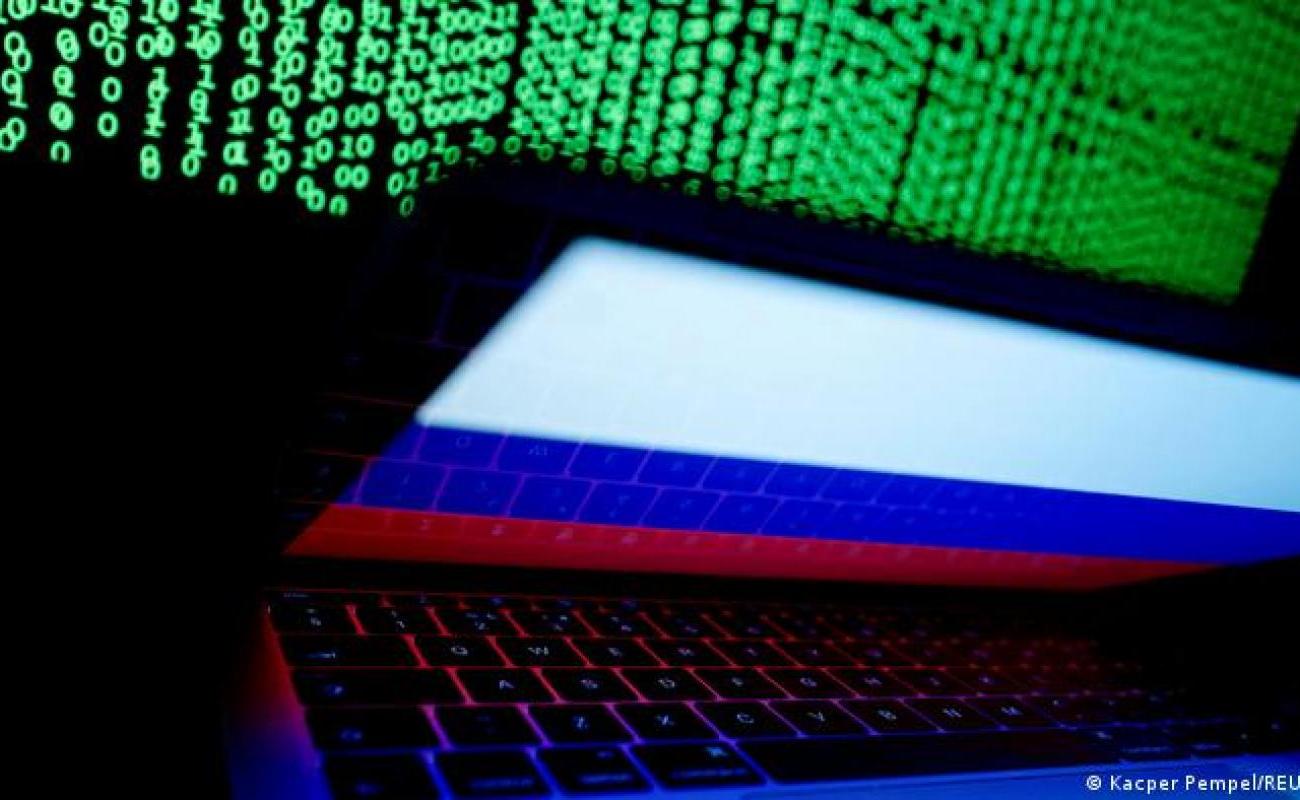Montenegro Accuses Russia of Cyber-Attacks on Govt Server
The Montenegrin Agency for National Security alleged that Russian services have staged coordinated attacks on government servers but said the authorities managed to prevent any damage.

The Agency for National Security, ANB, said on Friday that Russian services have organised coordinated cyber-attacks on Montenegrin government servers twice since August 22.
The ANB told media that Montenegro is in what it called a hybrid war at the moment.
“Coordinated Russian services are behind the cyber-attack. This kind of attack was carried out for the first time in Montenegro, and it has been prepared for a long period of time,” the ANB told media.
On August 22, the government reported the first series of cyber-attacks on its server but said it managed to prevent any damage.
On Friday, outgoing Minister of Public Administration Maras Dukaj said that the government server has come under another attack but said the authorities took timely defensive measures and some servers were temporarily taken offline.
Outgoing Prime Minister Dritan Abazovic described the cyber-attacks as dangerous and politically motivated. He called a National Security Council session about the cyber-attacks for late Friday.
“Citizens’ personal data is completely safe for now and all direct attacks on the government and its institutions have been suppressed… The first attack happened a few hours after the government’s no-confidence vote last week. I warned it could lead to destabilisation,” Abazovic said.
Montenegro’s minority government collapsed on August 19, after parliament backed a vote of no-confidence called by the party of President Milo Djukanovic and smaller parties in the ruling coalition, worsening the country’s political instability.
The administration led by the leader of the Civic Movement URA, Dritan Abazovic, became the government with the shortest period in power in Montenegrin political history – it only came to office in April.
Ongoing Minister of Defence Rasko Konjevic called on the authorities to investigate the cyber-attacks and provide strong evidence for their claims. Konjevic’s Social Democratic Party backed the no-confidence initiative.
On March 7, Russia added Montenegro to a list of ‘enemy states’, accusing it of acting against the Kremlin. On March 1, Montenegro had joined the European Union’s sanctions against Moscow, while the Ministry of Foreign Affairs declared several Russian diplomats persona non grata on the National Security Agency’s advice.
Despite strong historical ties, relations between Russia and Montenegro have cooled, particularly since 2014, when Montenegro, targeting membership of NATO, joined previous sanctions imposed on Russia by the EU and the United States over its annexation of Ukraine’s Crimean peninsula and involvement in the fighting in eastern Ukraine.
Ties frayed further in 2016 when Montenegro accused Russia of sponsoring a failed coup attempt allegedly designed to stop Montenegro from joining NATO.
In May 2019, Montenegro’s Higher Court sentenced 13 people, including two leaders of the pro-Serbian Democratic Front, two Russian intelligence officers and eight Serbs to custodial sentences of up to 15 years for staging the attempted coup.
